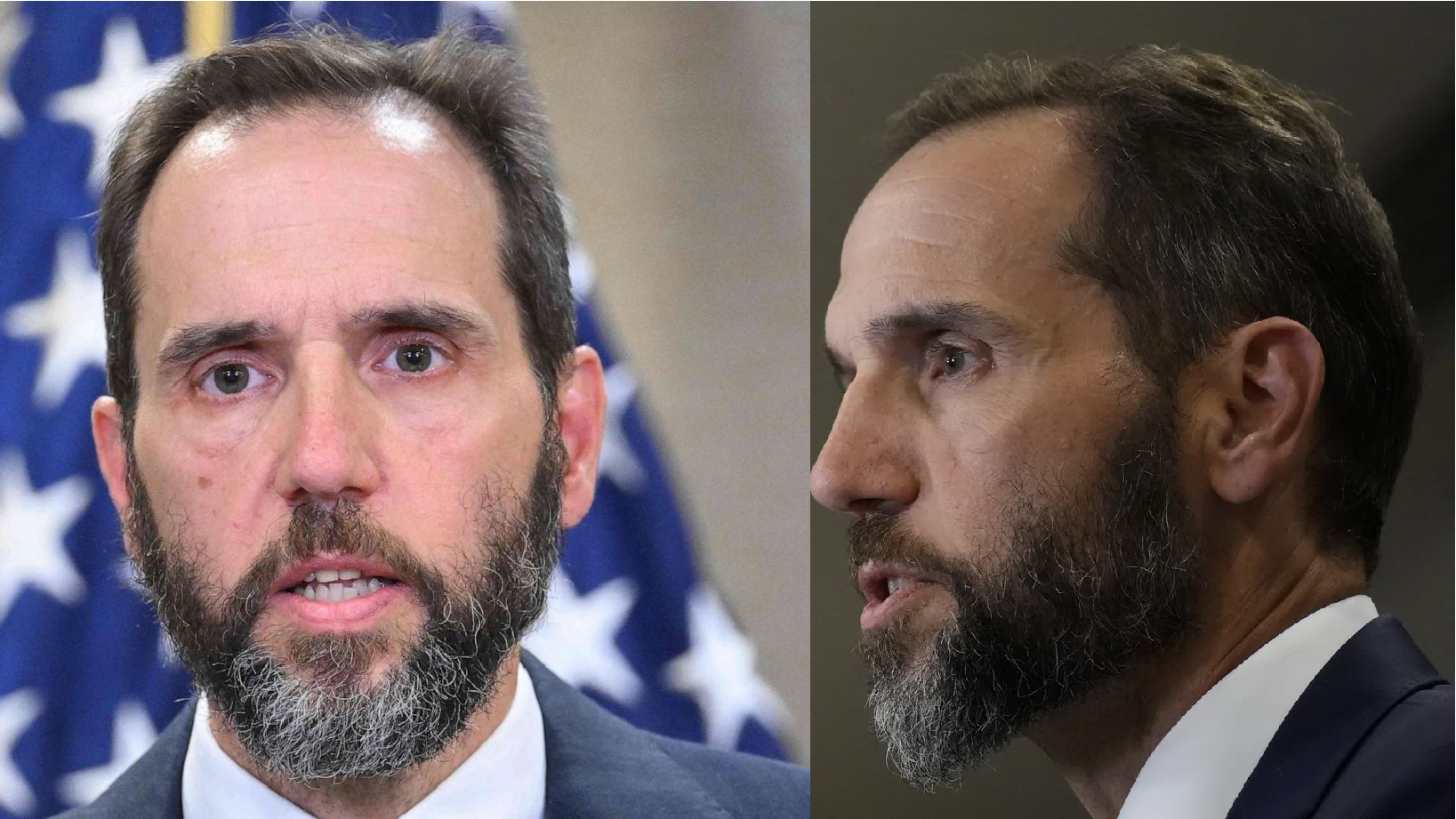In today’s digital age, social media platforms like Twitter have become powerful tools for communication, information dissemination, and public engagement. They offer a direct line to millions of users, enabling public figures to share their thoughts, connect with audiences, and shape public discourse in real-time. One such figure who has gained significant attention on Twitter is Jack Smith, a legal professional whose presence on the platform has sparked conversations about the role of social media in the legal world. This article explores the intersection of Jack Smith’s Twitter presence with his professional life, the broader implications of social media for legal professionals, and the challenges that come with navigating the digital landscape.
Who is Jack Smith?
Jack Smith is a prominent legal figure known for his work in the field of law, particularly in high-profile cases that have garnered media attention. His reputation as a skilled attorney has been built over years of experience in various legal arenas, including corporate law, criminal defense, and civil rights advocacy. Smith’s expertise and eloquence in the courtroom have earned him respect among his peers and recognition in legal circles.
In addition to his legal accomplishments, Jack Smith has become increasingly active on Twitter, where he engages with the public, shares his perspectives on legal matters, and comments on current events. His Twitter presence has not only amplified his influence but also provided a platform for discussing complex legal issues in a more accessible format.
The Role of Twitter in Modern Legal Discourse
Twitter has revolutionized the way legal professionals like Jack Smith interact with the public. The platform’s real-time nature allows for instant commentary on breaking news, legal decisions, and societal issues. For someone like Smith, who is deeply involved in high-stakes legal matters, Twitter serves as a valuable tool for shaping public opinion and educating followers on legal intricacies.
Legal professionals have traditionally been viewed as distant and unapproachable figures, with their work confined to courtrooms and legal briefs. However, platforms like Twitter have bridged this gap, allowing attorneys, judges, and legal scholars to share their insights directly with the public. This democratization of legal knowledge has the potential to increase public understanding of the law and encourage more informed civic engagement.
Jack Smith’s Twitter feed exemplifies this trend. He uses the platform to discuss legal principles, analyze court rulings, and offer his take on contemporary legal challenges. His tweets often include references to legal precedents, statutory interpretations, and the broader implications of judicial decisions. By doing so, Smith not only informs his audience but also fosters a more engaged and legally literate public.
The Influence of Jack Smith’s Twitter on Public Perception
Jack Smith’s Twitter presence has had a noticeable impact on how the public perceives both him and the legal profession. In an era where social media can significantly shape personal and professional reputations, Smith’s online activity has allowed him to craft a public persona that aligns with his professional values and expertise.
One of the key benefits of Twitter for legal professionals is the ability to reach a wide and diverse audience. Smith’s followers include not only fellow legal professionals but also journalists, academics, activists, and the general public. This broad reach enables him to influence discussions on legal issues far beyond the confines of traditional media outlets.
However, this visibility also comes with challenges. The fast-paced nature of Twitter means that statements can be quickly amplified, misinterpreted, or taken out of context. For legal professionals like Smith, who are accustomed to the measured and precise language of legal documents, the brevity required by Twitter’s character limit can lead to misunderstandings or oversimplifications of complex issues.
Moreover, the intersection of legal work and public commentary on social media can create ethical dilemmas. Attorneys are bound by professional codes of conduct that require confidentiality, impartiality, and respect for the judicial process. Navigating these ethical considerations while maintaining an active and influential Twitter presence requires careful thought and a deep understanding of the potential risks.
The Challenges of Balancing Professionalism and Public Engagement
Jack Smith’s experience on Twitter highlights the delicate balance that legal professionals must strike between maintaining professionalism and engaging with the public. On one hand, Twitter offers a platform for legal experts to demystify the law and contribute to important societal debates. On the other hand, the informality and immediacy of social media can sometimes clash with the rigorous standards of the legal profession.
For instance, Smith must be mindful of how his tweets are perceived by different audiences. While his followers may appreciate his insights and candid commentary, his statements could also be scrutinized by opposing counsel, judges, or clients. In some cases, a tweet that seems harmless to the general public could be used against him in a legal proceeding or damage his professional reputation.
Additionally, the legal community is still grappling with the evolving role of social media in the profession. There is ongoing debate about how attorneys should use platforms like Twitter, what constitutes appropriate online behavior, and how to balance free expression with professional responsibilities. As a prominent figure on Twitter, Smith’s actions are often seen as a reflection of broader trends in the legal field, making his online presence particularly influential.
The Broader Implications of Social Media for Legal Professionals
The case of Jack Smith on Twitter is just one example of the broader implications of social media for the legal profession. As more attorneys and legal professionals embrace platforms like Twitter, the legal community must adapt to the changing landscape of public communication and engagement.
One of the key benefits of social media is the ability to humanize the legal profession. By sharing their thoughts, experiences, and expertise online, attorneys can break down the barriers between the legal world and the public, making the law more accessible and relatable. This increased visibility can also help combat negative stereotypes about lawyers, showcasing the dedication, intelligence, and ethical considerations that guide their work.
However, the rise of social media also raises important questions about the future of legal practice. As more legal discourse moves online, there is a risk that traditional legal processes and standards could be undermined by the informal and fast-paced nature of social media. For example, the use of Twitter for legal commentary could lead to the oversimplification of complex issues or the spread of misinformation.
Furthermore, the legal profession must consider the implications of social media on client confidentiality and attorney-client privilege. As legal professionals navigate the digital landscape, they must be vigilant about protecting sensitive information and ensuring that their online activities do not compromise their ethical obligations.
Conclusion
Jack Smith’s Twitter presence offers a compelling case study of how social media is transforming the legal profession. As an influential legal professional, Smith has leveraged Twitter to engage with the public, share his expertise, and contribute to important legal discussions. However, his experience also underscores the challenges and risks associated with using social media as a platform for legal discourse.
As more legal professionals embrace platforms like Twitter, the legal community will need to develop new guidelines and best practices for online engagement. This includes finding the right balance between public communication and professional responsibilities, protecting client confidentiality, and ensuring that legal commentary on social media remains accurate and ethical.
Read more: Unveiling the Life and Legacy of Margie Washichek: A Journey of Resilience and Influence




